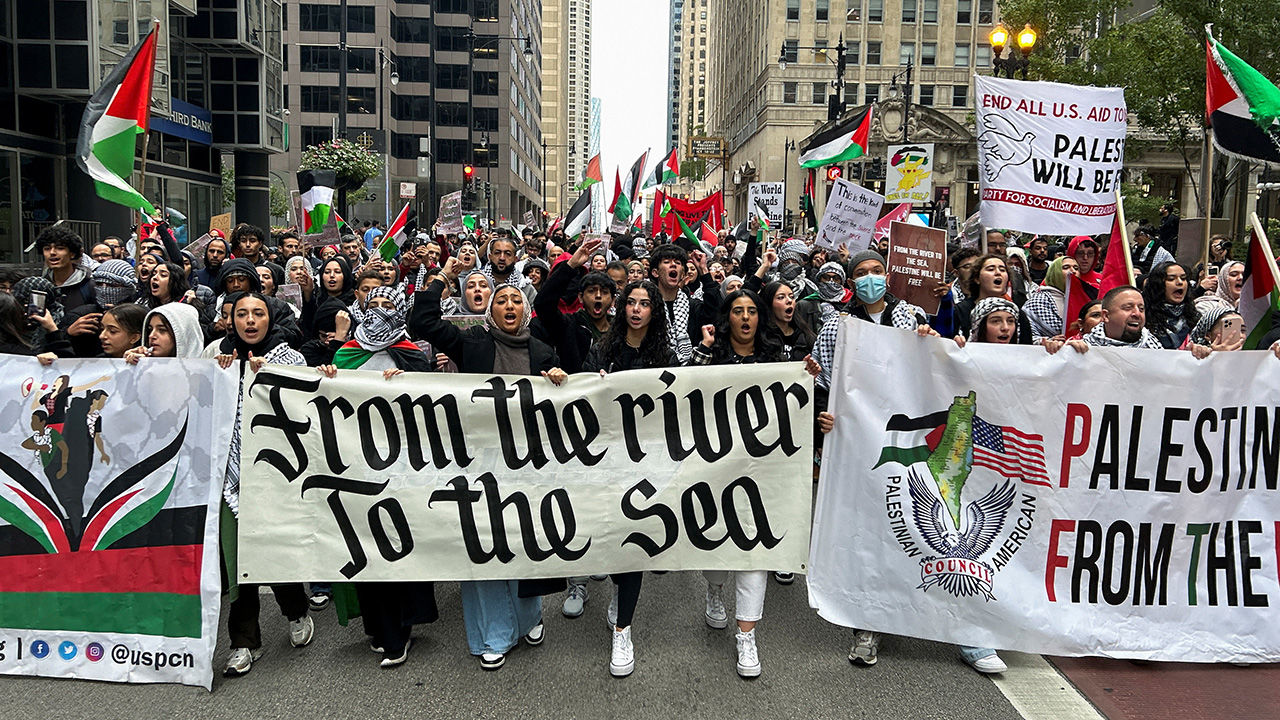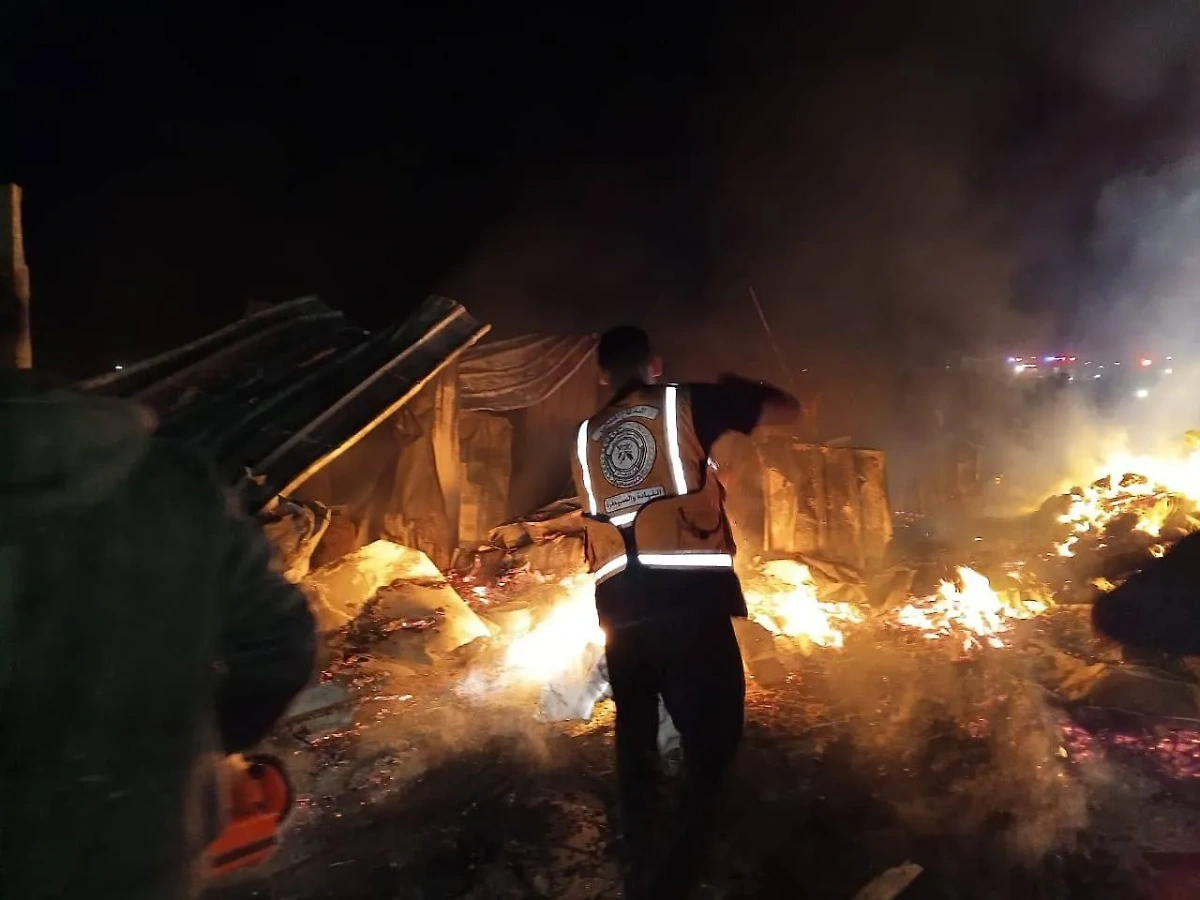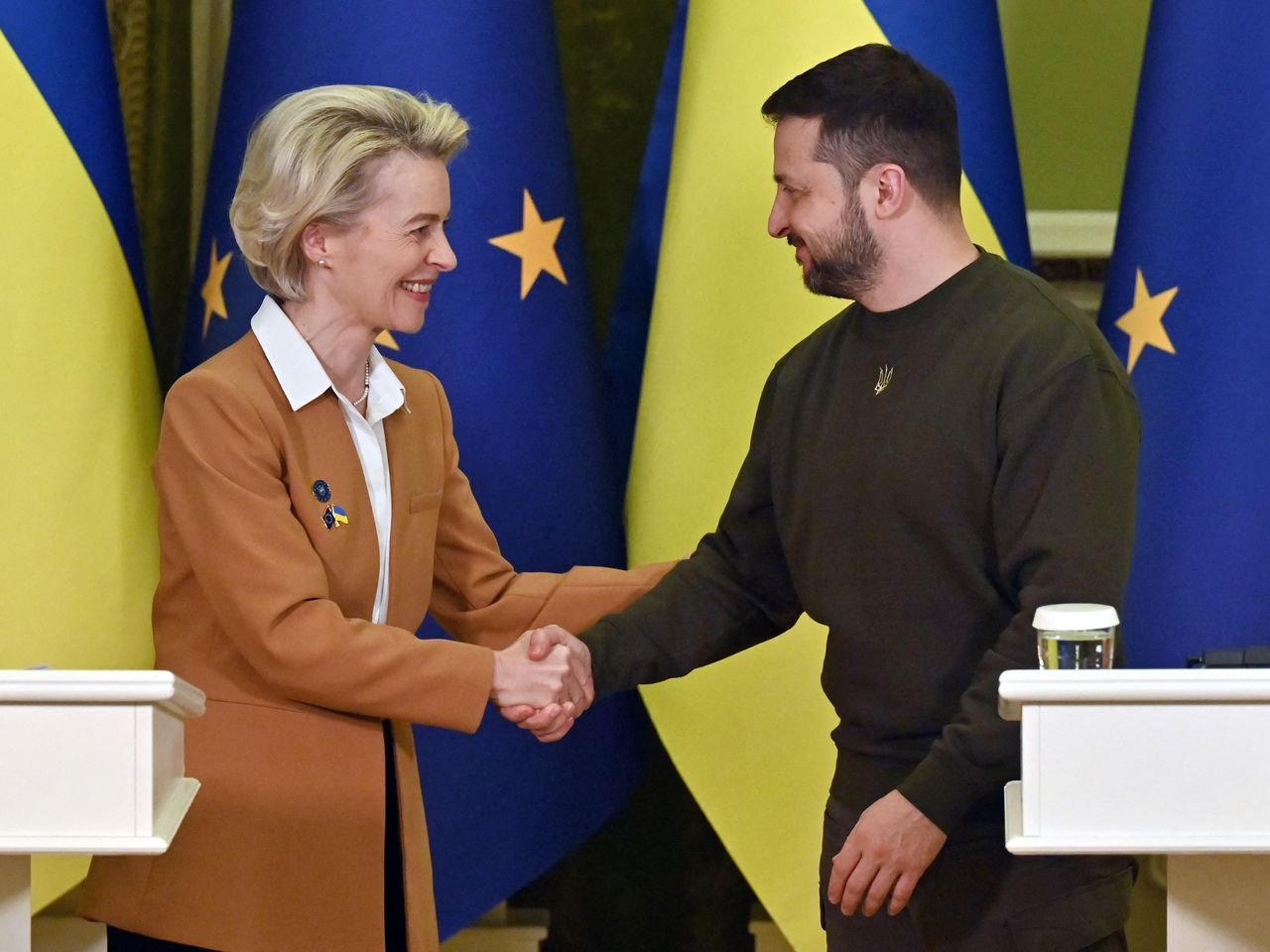Understanding the historical and political layers behind a controversial phrase
The phrase ‘From The River To The Sea’ often sparks debate over its interpretation among those who use it.
To provide some context:
On November 29th, 1947, the UN General Assembly voted to partition Palestine into separate Jewish and Arab states. This decision was celebrated by the Jewish population but vehemently opposed by Palestinian Arabs, who viewed all of Palestine—from the Jordan River to the Mediterranean Sea—as their inseparable homeland. They likened the partition to Solomon’s judgment, arguing that just as the true mother in the story didn’t want her child divided, they couldn’t bear to see their land partitioned. They interpreted the Zionists’ acceptance of the partition as an indication of their intent to eventually occupy the entire region.
The proposed borders would have placed around 500,000 Palestinians within the new Jewish state. While the official Israeli narrative promised equality for these Palestinians, the violent confrontations following the UN’s decision and the subsequent forced displacement led many Palestinians to expect otherwise.
Those Palestinians who remained within the borders of what became Israel were granted citizenship but lived under military rule and faced systemic discrimination. Meanwhile, Palestinians in the West Bank and Gaza, under Jordanian and Egyptian governance, endured authoritarian regimes that stifled their political expression.
Following the establishment of Israel in 1948, Palestinians faced restrictions and discrimination across their homeland, fueling the 1960s’ rise of the call for a “free Palestine from the river to the sea.” This slogan was part of a broader desire for a secular, democratic state across all historic Palestine, free from both Israeli and Arab oppression.
Many Palestinians believed that in such a state, many Jewish residents might choose to leave, as had occurred in other post-colonial contexts. However, there was no official call for the forced expulsion of Jews. Notably, Yasser Arafat, in his 1974 UN speech, emphasized a future Palestine inclusive of Jews willing to live peacefully and without discrimination.
Over time, the PLO shifted from advocating for a single state to a two-state solution, a move seen by many, especially refugees, as a betrayal. In contrast, Hamas emerged, championing the original call for a free Palestine “from the river to the sea,” distancing itself from its original charter’s more extreme rhetoric and focusing on an anti-Zionist stance.
Despite extreme views from some leaders, recent surveys indicate that the majority of both Palestinians and Israelis do not support expulsion as a solution. Most Palestinians desire equal rights, the freedom to pursue their dreams, and the ability to live and govern themselves throughout their historic homeland, not just the territories of the West Bank and Gaza.
Ignoring or misinterpreting the meaning of “From The River To The Sea” for Palestinians is another form of marginalization. It’s crucial to understand the diverse perspectives and desires of Palestinians rather than oversimplifying or demonizing their aspirations. Addressing these aspirations openly and respectfully is vital for progressing towards a just and lasting peace.





